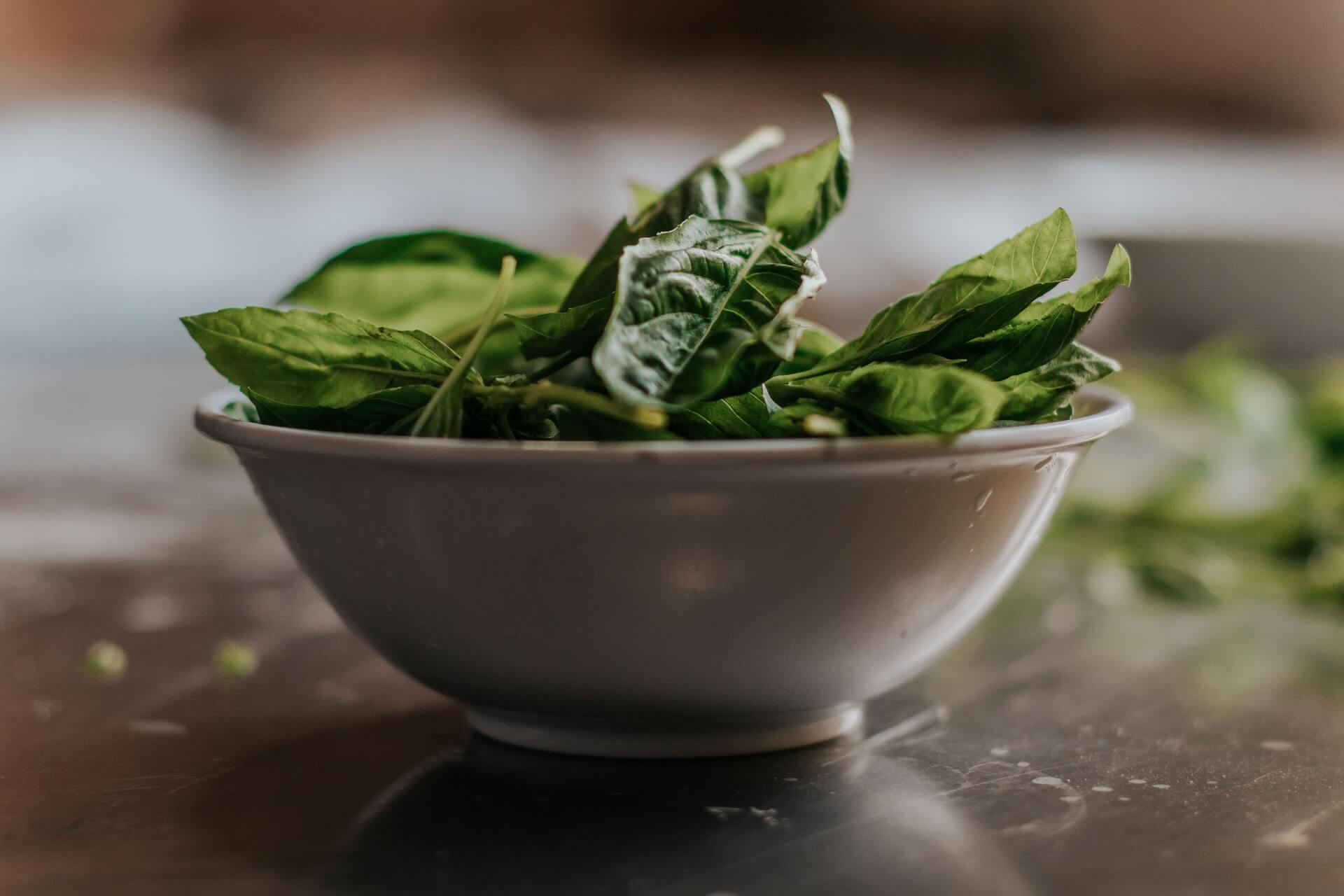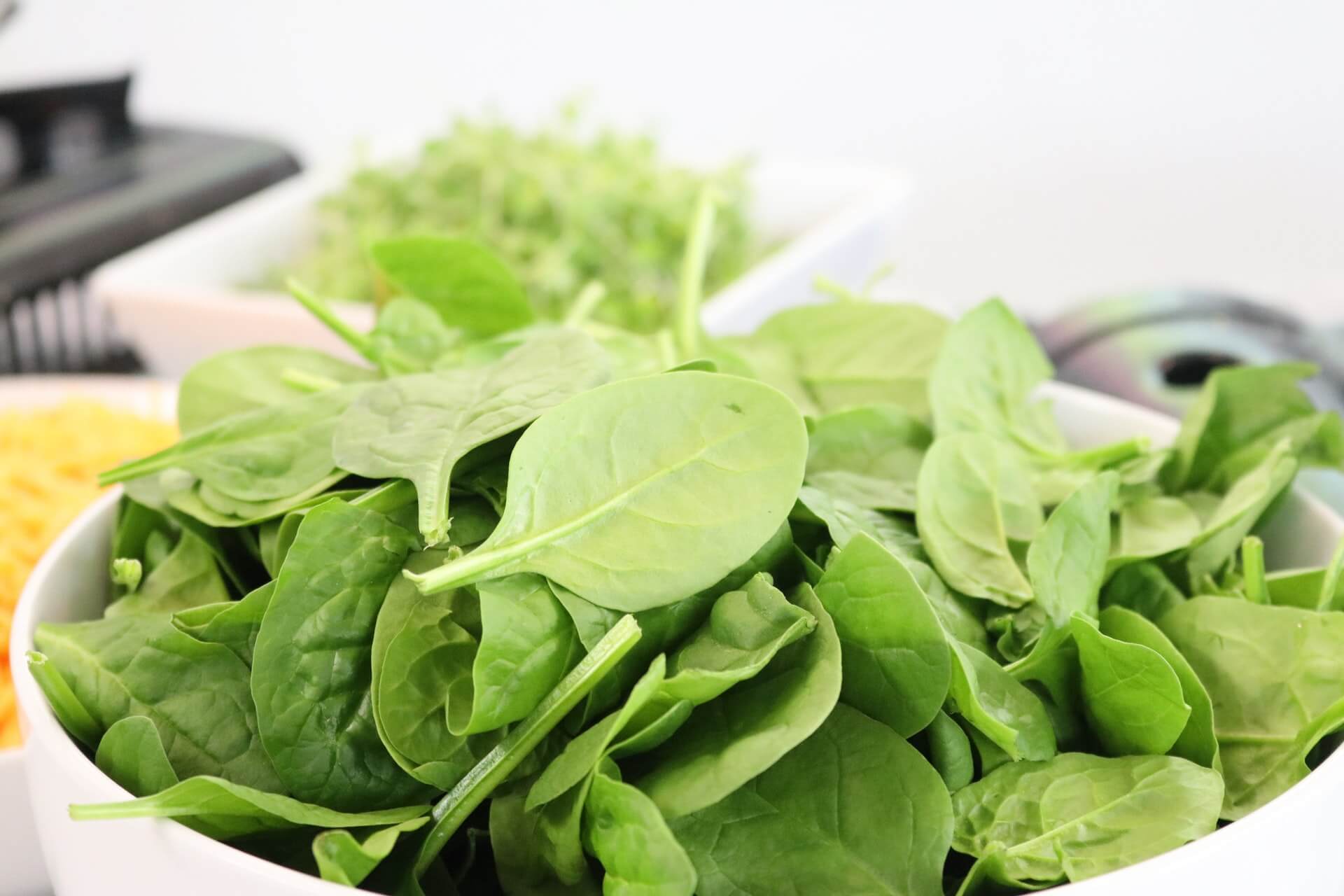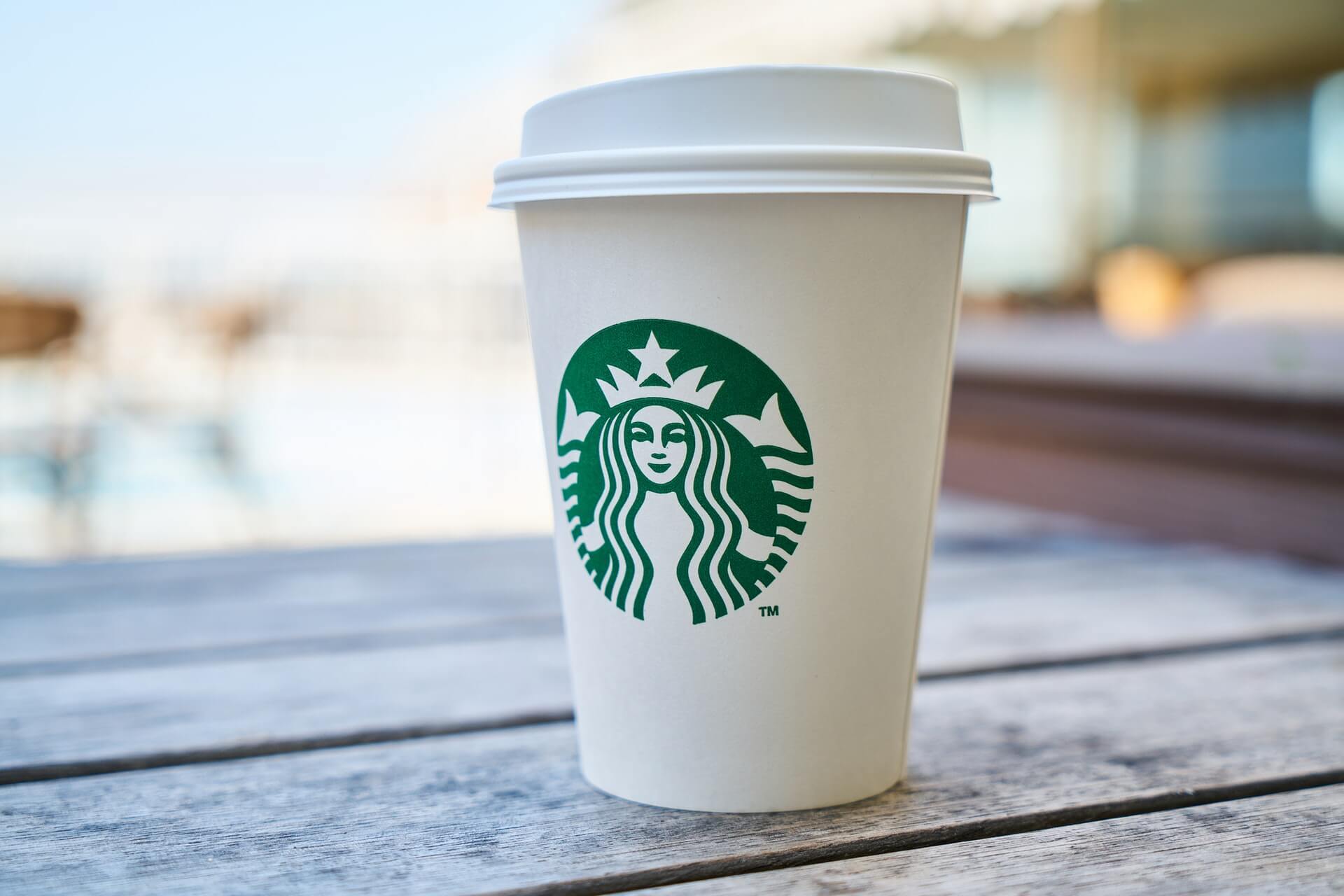People who follow the keto diet are supposed to eat only up to 50 grams of carbs in a day or lower depending on their carb tolerance. By controlling their carb intake, they avoid raising their blood glucose to unhealthy levels. This also helps them avoid or manage health problems, such as diabetes, obesity, and heart disease (1).
But what about sugar? If carbs are limited to 50 grams, how much sugar can you have on keto? To answer this question, first off, note that sugar is a source of carbs. Therefore, too much of sugar will kick you out of ketosis.
How Much Sugar is Allowed on Keto?
One tablespoon (equivalent to 15 grams) of granulated sugar has 15 grams of carbohydrates. Considering the daily carb limit of 50 grams or lower, you can only have less than 3 tablespoons of sugar — or else you’ll go out of ketosis (2).
For example, let’s say you’re trying to stay under 30 grams a day because that’s your personal limit on keto. With this in mind, you can consume up to 30 grams of pure sugar and still stay in ketosis.
In the real world, however, it isn’t that simple. Unless you’re eating pure meat on keto — as with a carnivore keto diet, which is a zero-carb diet — you should consider other carbs coming from your keto-friendly fruits, veggies, and snacks.
You can have pure sugar on keto but have the smallest possible amount. Let’s say 1 tablespoon per day or up to 3 tablespoons if you’re consuming only sugar as your source of carbs for the day.
Do Carb and Sugar Have the Same Effect on Ketosis?
Yes, they do. Sugar increases your blood glucose levels and knocks you out of ketosis like other carb-rich foods do if you exceed your personal limit. Again, you need to stick to 50 grams of carbs per day to reach ketosis, although some people may have a lower tolerance to carbs. Testing your blood glucose response and ketone levels help you figure out your tolerance.
A good rule of thumb is that if you struggle with high blood sugar levels — for instance, you have prediabetes or diabetes — you should avoid sugar or consume as little of it as possible. The same thing applies to carbohydrates.
When it comes to the impact of carbs and sugar on your blood glucose, it depends. Sugar tends to spike blood glucose quickly the same way simple carbs do.
Simple carbs have shorter chains of sugar molecules and are easily broken down into glucose, which produces a spike in your blood glucose. On the other hand, complex carbs have longer chains of sugar molecules, which means that they’re digested more slowly. They cause your blood glucose to rise slowly, unlike simple carbs that cause a spike.
Sugar Alternatives for Keto
Thankfully, you’ll still be able to enjoy sweet-tasting foods on a keto diet. Keto-friendly sweeteners have been shown to avoid blood sugar spikes and help you maintain ketosis and weight control. The best ones include:
- Stevia – This is a natural and healthy alternative to sugar that can be used by diabetics. A randomized controlled trial showed that stevia has no effect on your blood sugar, insulin, and lipid levels (3).
- Monk fruit – Another suitable option, monk fruit or lo han guo is more than a hundred times sweeter than sugar but is calorie-free and may even help with blood sugar and weight management (4).
- Erythritol – This is a sugar alcohol that’s generally recognized as safe by the FDA. They’re better tolerated than other sugar alcohols that trigger digestive issues (5).
Bottom Line
Limit your sugar intake to less than 3 tablespoons, which is equivalent to 45 grams of carbs. Note that 1 tablespoon of sugar has 15 grams of carbs, and 50 grams is the daily limit on the keto diet in order to maintain ketosis. However, if you can eliminate sugar, that would be best not just for the purpose of avoiding getting kicked out of ketosis, but also for improving health.
References:
- Maswood W, Annamaraju P, Uppaluri R. Ketogenic Diet. 2022 June 11
- FoodData Central. Sugars, granulated. 2018 April
- Ajami M, Seyfi M, Hosseini F et al. Effects of stevia on glycemic and lipid profile of type 2 diabetic patients: A randomized controlled trial. 2020 March-April
- Tey S, Salleh N, Forde C. Effects of aspartame-, monk fruit-, stevia- and sucrose-sweetened beverages on postprandial glucose, insulin and energy intake. 2016 December 13
- Regnat K, Mach R, Mach-Aigner A. Erythritol as sweetener—wherefrom and whereto? 2017 December 01



